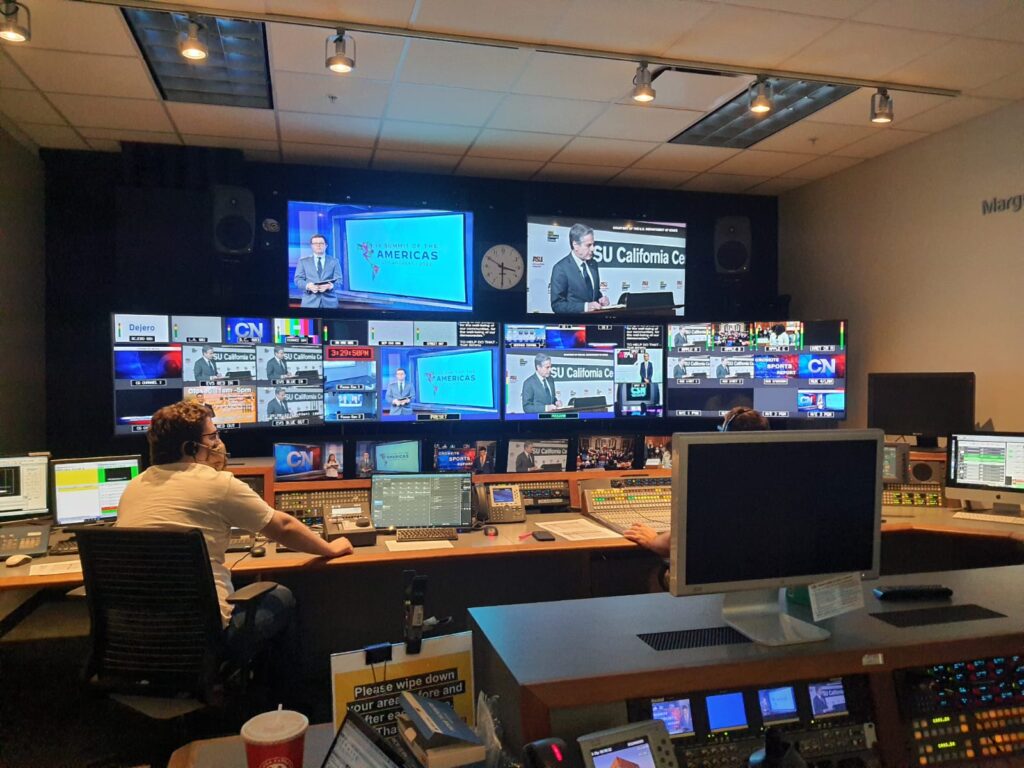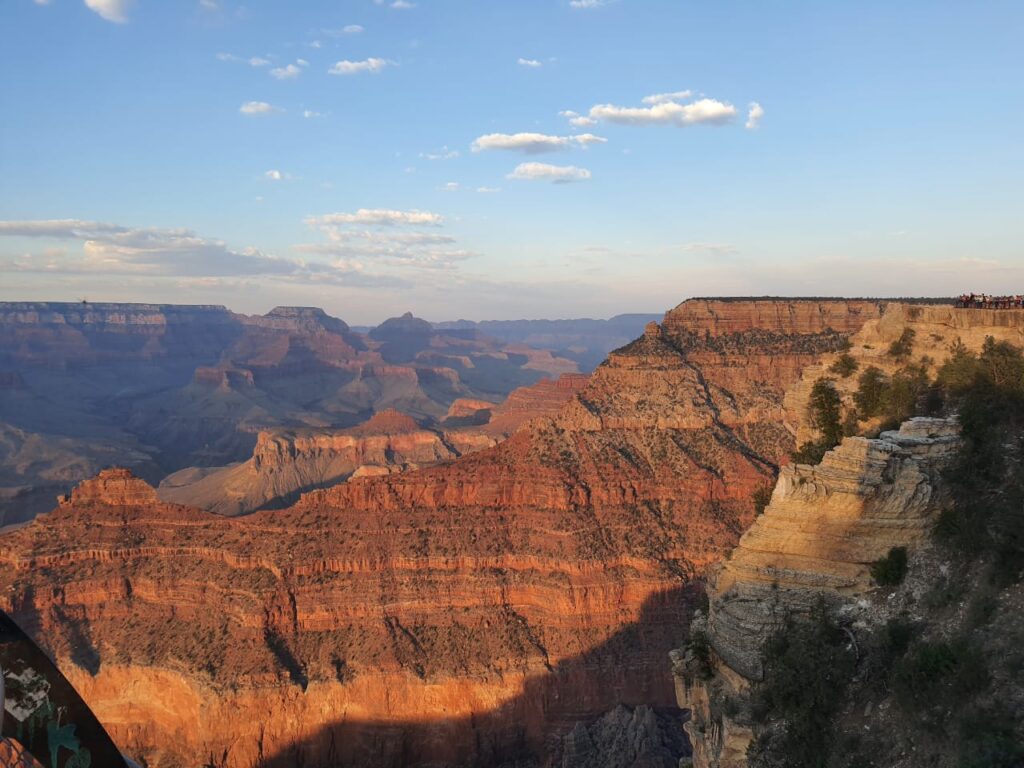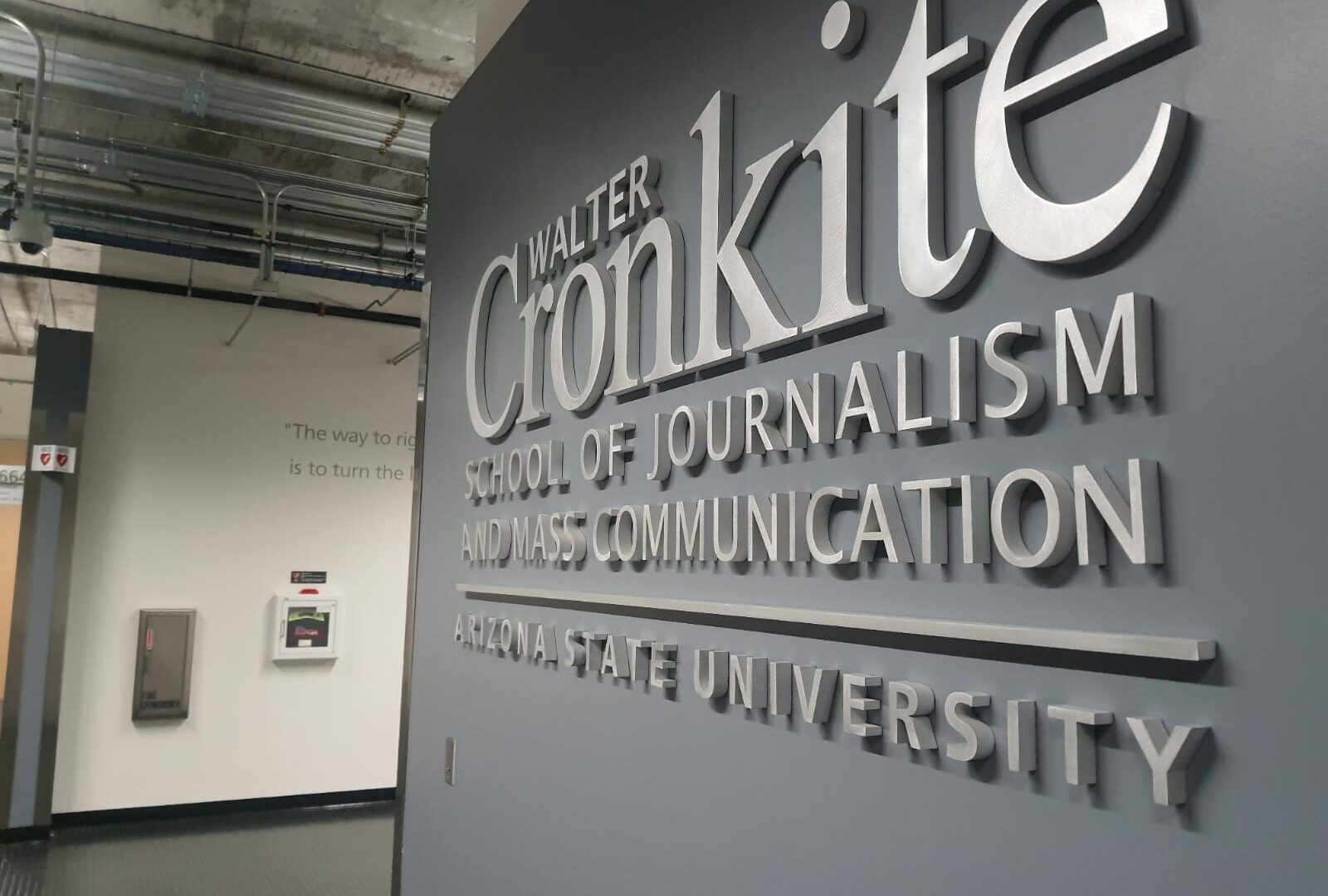I have been working as a journalist and a part-time communication teacher for more than 15 years, but until now I did not have a deep understanding of how US journalism functions, the role it plays in shaping US democracy and, importantly, how the US media adjusts itself amid the changing global media landscape.

Thanks to the five-week Study of the US Institutes for Scholars (SUSI) at the Walter Cronkite School of Journalism and Mass Communication at Arizona State University, I have had a great opportunity to attend interactive journalism classes and embark on a mini research project, which I think will probably help to improve the teaching and practice of journalism in Laos.
During the first two weeks of the US Department of State-sponsored exchange activities, I learnt a lot about the renowned school’s academic design and assessment, both offline and online journalism, which I find may be applicable in the Lao context.
Other key lectures included the teaching hospital approach to journalism education, which is specifically designed so that journalism students learn practical aspects, contemporary online teaching and post-pandemic pedagogy.
On the first weekend, I and other 14 journalism scholars from around the world went outside of classes to explore scenic Sedona’s Red Rock Country, the majestic Grand Canyon, and the town of Flagstaff, to get a taste of the wonders of nature and the area’s cultural heritage. I found the trip very exciting and meaningful, as it was not just an opportunity to chill out after the intensive study, but also to experience US culture, lifestyle and of course, the very tasty local food.

Back to the school, on Monday (June 13), we were introduced to a media literacy class and given some tools to verify fake news. I personally found this class very useful and think the subject should be added to journalism teaching and practice in Laos. In a world where everyone can post information online, some of the information is false, and in some cases is deliberately harmful and misleading.
Having had time for personal reflection over the past two weeks of the SUSI program, I realize that US journalism is very powerful and plays a significant role in shaping US politics, socio-economic development and democracy.
I find that, unlike in many other countries, journalism in the US does not just serve as a process of information distribution, but is also an agenda setting forum for public debate on current affairs. The free press is probably the core value of US politics and culture.
With that, I do not mean imply that US-style journalism should be universally applicable. However, from my personal point of view, no system is 100 percent perfect. The best approach is that everyone should learn from each other, so that they can use the lessons learnt to create their own working system that fits with the reality of each country’s environment and ultimately must be beneficial to each national development.
